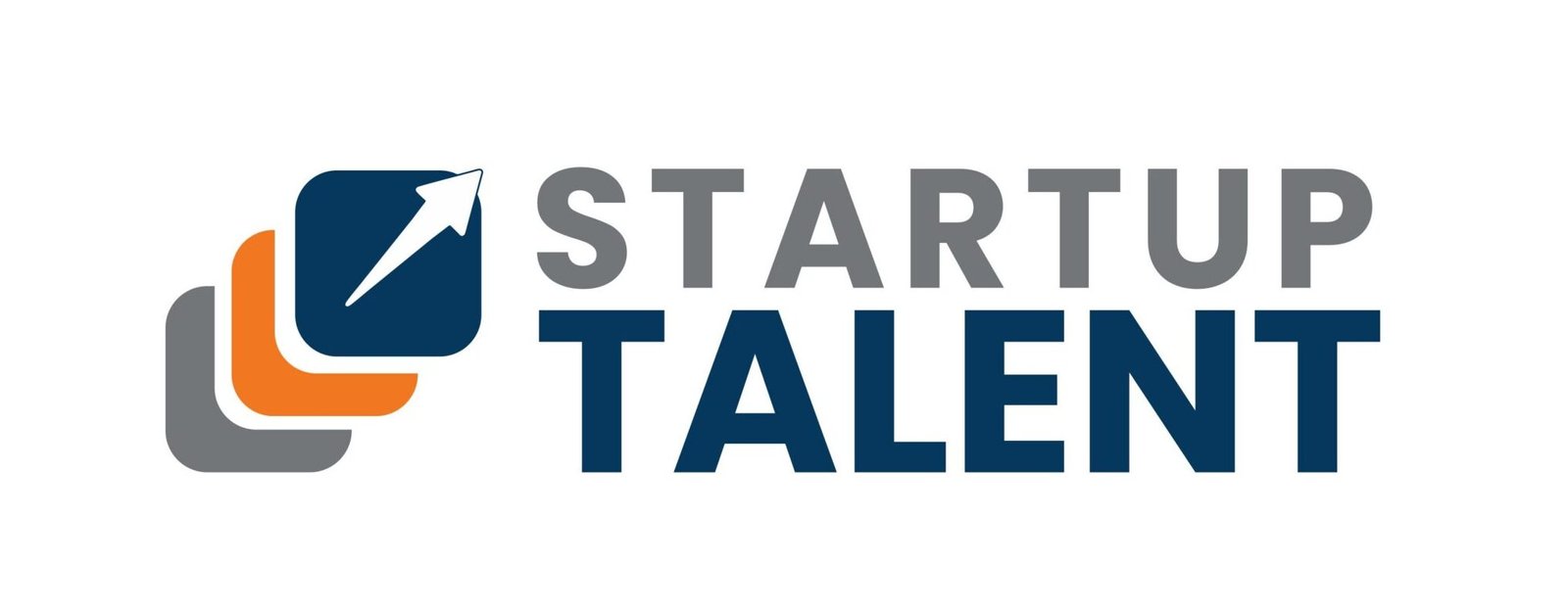In today’s world, startup firms don’t need just a degree or a well-groomed résumé. They want problem-solvers, go-getters, and flexible thinkers who are ready to infuse energy, imagination, and quantifiable results on day one.
With so many startup tech firms hiring these days, the time is ripe—but so too is the competition. So, how do you emerge from a crowd of applicants? Whether you’re a recent graduate, career-changer, or simply ready for your next challenge, here’s how to stand out.
1. Get the Startup Mindset
Startup technology firms are always in a hurry. They don’t have a management hierarchy or time to teach you everything. That means they want:
Autonomy: Do you work independently and still get the job done?
Adaptability: Are you willing to do many things and change gears when priorities change?
Ownership: Do you take ownership and make the company’s objectives your own?
Before you apply, get to know the company. Know its mission, growth stage, and culture. Make your communication demonstrate that you can think and act like a founder, even if you’re applying as a developer, designer, or marketer.
2. Emphasize Impact, Not Experience
Results are everything in a startup. It’s not what you did—it’s what changed because you did it.
Don’t say:
“Managed social media for a SaaS brand.”
Say:
“Increased organic reach by 120% in 6 months via specific LinkedIn content strategy.”
If you’re a software developer:
“Developed and pushed out a new onboarding module that decreased customer churn by 15%.”
Always measure your impact. Even if you were a junior, demonstrating ownership and results makes you stand out.
3. Create a Customized Digital Presence
Ditch boilerplate CVs. Startup interviewers look at your LinkedIn, GitHub, portfolio, or personal website before ever scheduling an interview.
Here’s how to maximize:
LinkedIn: Add an interesting summary. Utilize keywords in the job posting. Post your takeaways from previous projects.
GitHub (for technical positions): Demonstrate applications from the real world, not classwork.
Portfolio: For product or design positions, tell the story of the problem, process, and outcome—not simply nice pictures.
Blog or Medium: Even a single post that describes how you overcame a challenge or shares your thoughts on tech trends will differentiate you.
Startups adore individuals who care enough to demonstrate, rather than merely explain.
4. Email a Personalized Application
One-size-fits-all does not apply in startups. Write a brief, concise cover email (or message) that demonstrates:
- You’ve done your research.
- You care about the product or cause.
- You’ve considered how you can contribute to their development
Use this format:
“Here’s what I’m excited about for your company.”
“Here’s how my experience can help me contribute.”
“Here’s something I’d love to try or suggest…”
This strategy trumps generic cover letters hands down.
5. Show Startup-Specific Competencies
Startup Tech Companies Hiring jobs are usually cross-functional and thin. Even for a targeted role, demonstrating secondary skills makes you a high-value candidate.
Example:
A backend developer with a grasp of UX.
A marketer with a basic understanding of HTML and analytics.
A designer who can articulate ideas in investor decks
Emphasize your capability to work together, experiment, and achieve things with minimal resources.
Also, learn about top tools startups leverage:
Product: Notion, Figma, Jira
Dev: GitHub, Docker, Vercel
Marketing: HubSpot, Google Analytics, Canva
Collaboration: Slack, Trello, Loom
6. Share Your Learning Journey
Startups value growth mindsets. If you’re transitioning careers or still building skills, don’t hide it—highlight it.
Say things like:
“I’m currently building a Chrome extension as part of my learning.”
“I took a product strategy course and started a community of 50+ members to apply it.”
“I shadowed a startup founder for 3 weeks to understand how early-stage teams operate.”
Learning in public shows initiative—and proves you’re not waiting to be taught but already taking charge.
7. Leverage Warm Introductions
Cold applications can work, but referrals fast-track the process. Reach out to:
- Mutual LinkedIn connections
- Former interns or employees at the startup
- Founders via Twitter or startup communities (like Indie Hackers, Product Hunt, or YC forums)
Be respectful, keep your message short, and show value upfront. For example:
“Hi [Name], I love your work on [Project]. I’m looking at growth roles at early-stage startups and would appreciate your advice. Would you have time for a brief call?”
Most startup hires occur through networks. Don’t hesitate to reach out.
Final Thoughts
Getting a job at a startup tech firm recruiting now isn’t about credentials—it’s about alignment, passion, and demonstration of impact.
To get noticed:
- Think like a founder
- Highlight actual results
- Personalize the whole thing
- Learn out loud
- Demonstrate how you can succeed in uncertainty
Startups aren’t going to hire perfect people. They’re going to hire people who care greatly, learn rapidly, and move boldly.
If you can show those characteristics, you won’t be hired—you’ll be impossible to miss.
Want to join a rapidly growing startup?
Be sure your next application is an accurate representation of who you are and what you have to offer. The top opportunities usually end up with those who communicate straight—and assertively.






